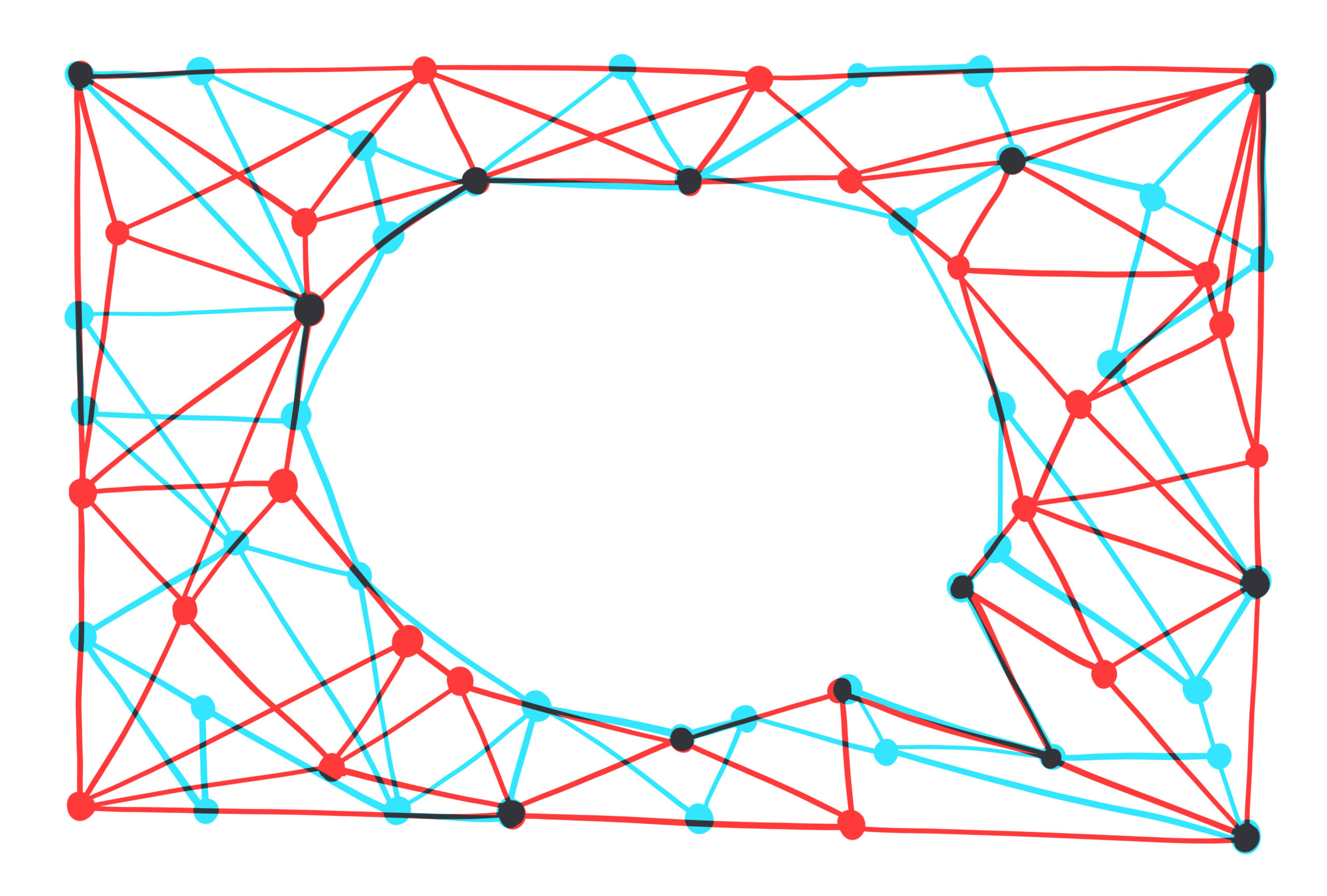Enthusiasm for seeing people face to face continues unabated on Day Three of the 2022 annual meeting of the International Society for Autism Research (INSAR) in Austin, Texas — particularly when it comes to putting faces to names seen in journal articles, tweeted Alexandra Hickey, research specialist at the University of South Carolina in Columbia.
It’s been so fun seeing the faces behind all the names I’ve read in journals! #INSAR2022
— Alexandra Hickey (she/her) (@Hickeyac4) May 12, 2022
Autism researchers on Twitter were still talking about yesterday’s keynote by Damien Fair, professor of pediatrics at the University of Minnesota and director of the Masonic Institute for the Developing Brain in Minneapolis. Rosa Hoekstra, reader in global perspectives on neurodevelopmental disorders at King’s College London in the United Kingdom, applauded Fair’s willingness to “share lessons learnt,” and in a thread noted that she had previously pitched the idea of a “how I fail” session for INSAR.
I love how this morning’s #INSAR2022 keynote Damien Fair is happy to share lessons learnt and how his own perspective has changed over the past ten years. pic.twitter.com/yzrdwt8C1E
— Dr Rosa Hoekstra (@rosa_hoekstra) May 12, 2022
Sue Fletcher-Watson, professor of developmental psychology at the University of Edinburgh in Scotland and incoming editor-in-chief of the journal Autism, reported her reactions to a panel session on the Lancet Commission yesterday in a thread with more than 25 tweets. “Overall, lots to like in the Lancet Commission. Wish there was more on systemic and societal change. Important to hear autistic responses to it & foreground those,” she summarized.
Reporting from #INSAR2022 session on the Lancet Commission on Autism.
Not a live tweet thread. Just a few thoughts.
Here’s the Lancet paper: https://t.co/5AAuWcqIg5
And a response from @EUCAP_autism: https://t.co/KFOROVANOq
— Sue Fletcher-Watson (@SueReviews) May 12, 2022
Kristen Bottema-Beutel, associate professor of special education at Boston College in Massachusetts, tweeted a proposal from the conclusion of today’s keynote by Liz Pellicano, professor of educational studies at Macquarie University in Sydney, Australia — namely that non-autistic people may need interventions to support ‘autistic flourishing.’
#INSAR2022 keynote speaker @liz_pellicano caps off an excellent talk by suggesting that *non-autistic people* might need to be the focus of intervention to foster autistic flourishing.
— Kristen Bottema-Beutel (@KristenBott) May 13, 2022
And in another tweet, Bottema-Beutel commented on the panel on minimally verbal people with autism, suggesting that “minimally speaking” might be a more accurate term.
#INSAR2022 Panel on communication and language, defining minimally verbal as autistic people who use 20 or fewer spoken words. Minimally speaking would be a much better term here? Many more ways to use language than speech.
— Kristen Bottema-Beutel (@KristenBott) May 13, 2022
To advance research on those who speak few or no words, INSAR tweeted about a new publicly available “dataset of over 7,000 nonverbal vocalizations collected in the home environment,” created by researchers at the Massachusetts Institute of Technology and Boston Children’s Hospital.
Researchers from @MIT and @BostonChildrens support open science to advance research on minimally verbal autistic individuals by making a dataset of over 7,000 nonverbal vocalizations collected in the home environment publicly available at https://t.co/HBLZm8lNGg. #INSAR2022
— INSAR (@AutismINSAR) May 13, 2022
The Autism Science Foundation tweeted a video of John Constantino, professor of psychiatry at Washington University in St. Louis, Missouri, who remarked on the importance of a panel discussion at the meeting that focused on reducing severe and challenging behaviors in children and adults with severe autism.
Dr. John Constantino of @WUSTLmed comments on the importance of the “Reduction of severe and challenging behaviors in children, teens and adults with severe autism” panel at #INSAR2022 pic.twitter.com/EGfokhs9W1
— ASF (@AutismScienceFd) May 13, 2022
To share a taste of the poster hall, Jason He, research associate at King’s College London, ran around like a “weird uncle,” snapping shots of people’s sensory-related presentations.
Alrighty! Went around like a ‘weird uncle’ taking photos of people and their posters at @AutismINSAR! But wanted to share some cool sensory-related poster presentations. A ????#INSAR2022
— Jason He (@JasonLHe93) May 12, 2022
And here’s a suggestion from staff writer Laura Dattaro for poster presenters that took off on Twitter: Add an email address to your poster to make it easier for anyone who wants to discuss it to find you. Kelly Coburn, a postdoctoral researcher at the University of Alabama in Tuscaloosa, retweeted the idea, with others chiming in to suggest QR codes.
Free idea for presenters who, like me, never thought to put an email address on a research poster: Including contact info makes it easier for interested people to find you! https://t.co/3MuPf6jbVn
— Dr. Kelly Coburn (they/them) (@KCoburnSLP) May 12, 2022
That’s it for today’s INSAR Community Newsletter! Follow our ongoing news coverage this week.
Follow us on Facebook, Twitter (@Spectrum), Instagram and LinkedIn.






